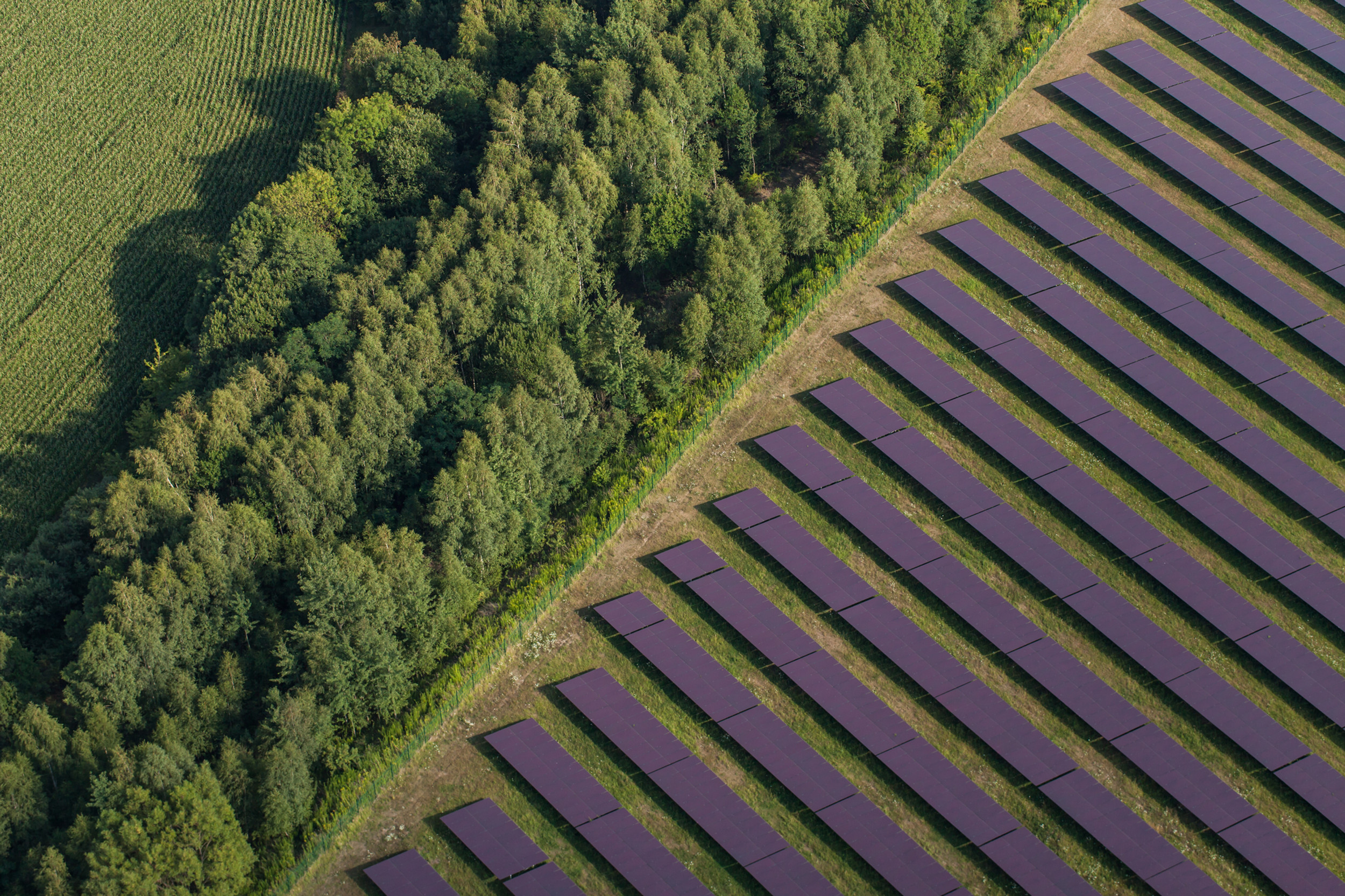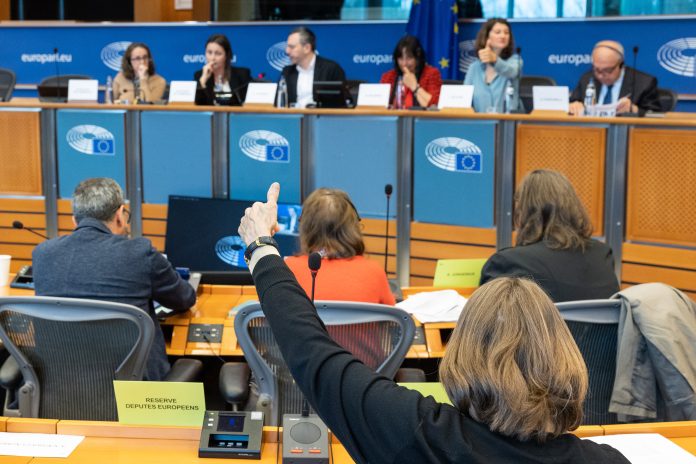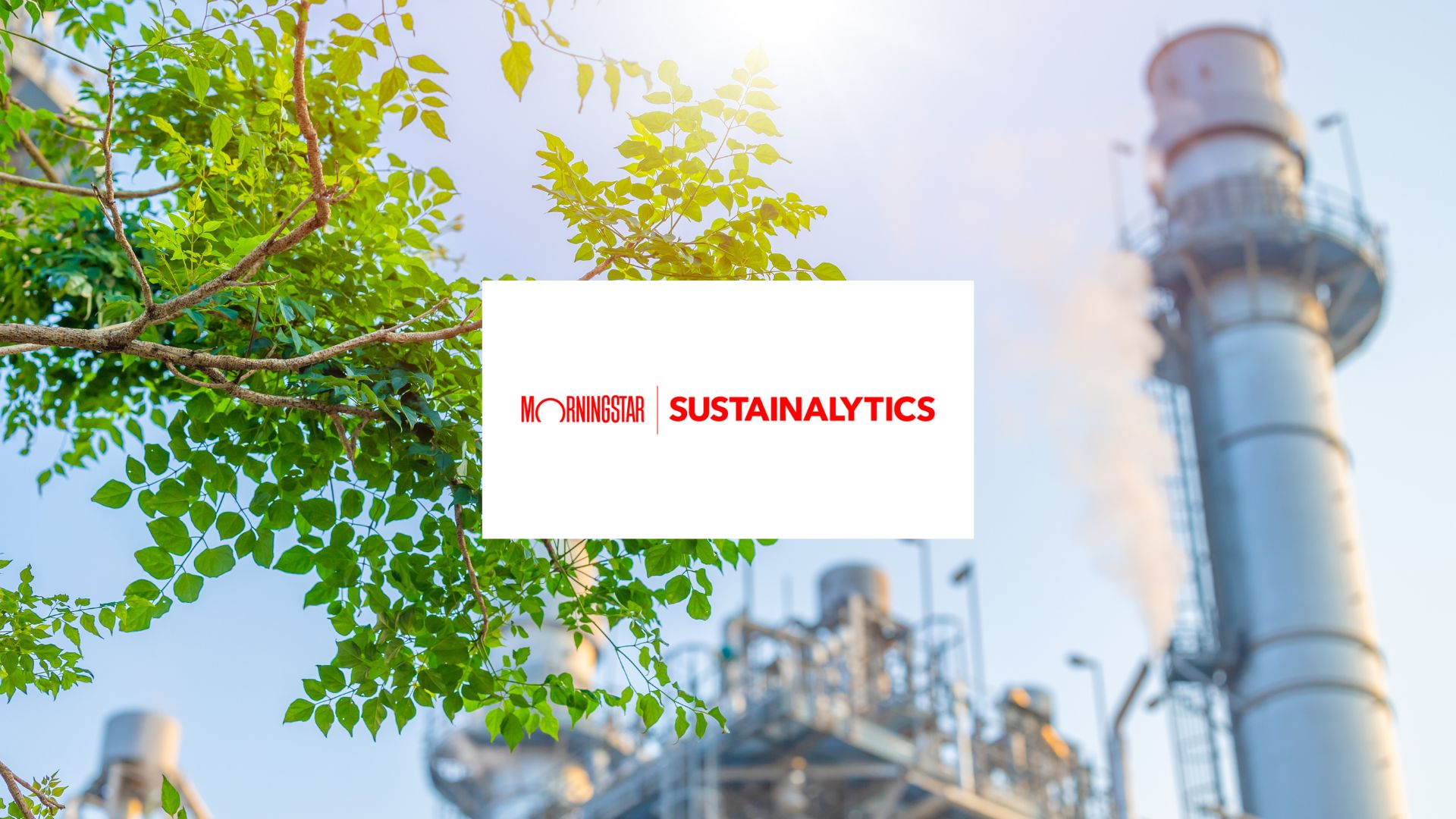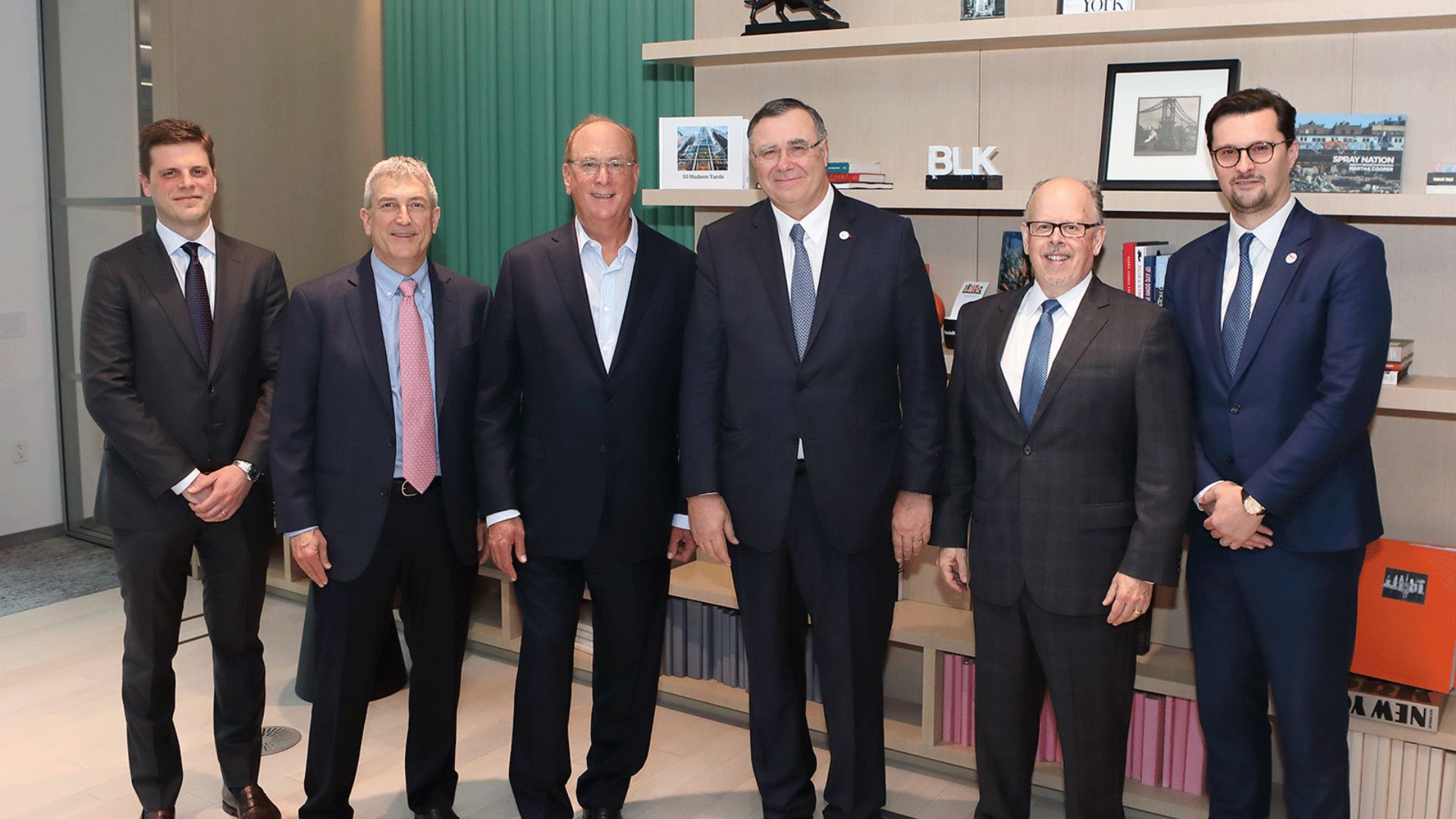American Battery Technology Company Accepts Presidential Challenge to Secure Domestic Supply of Critical and Strategic Battery Metals
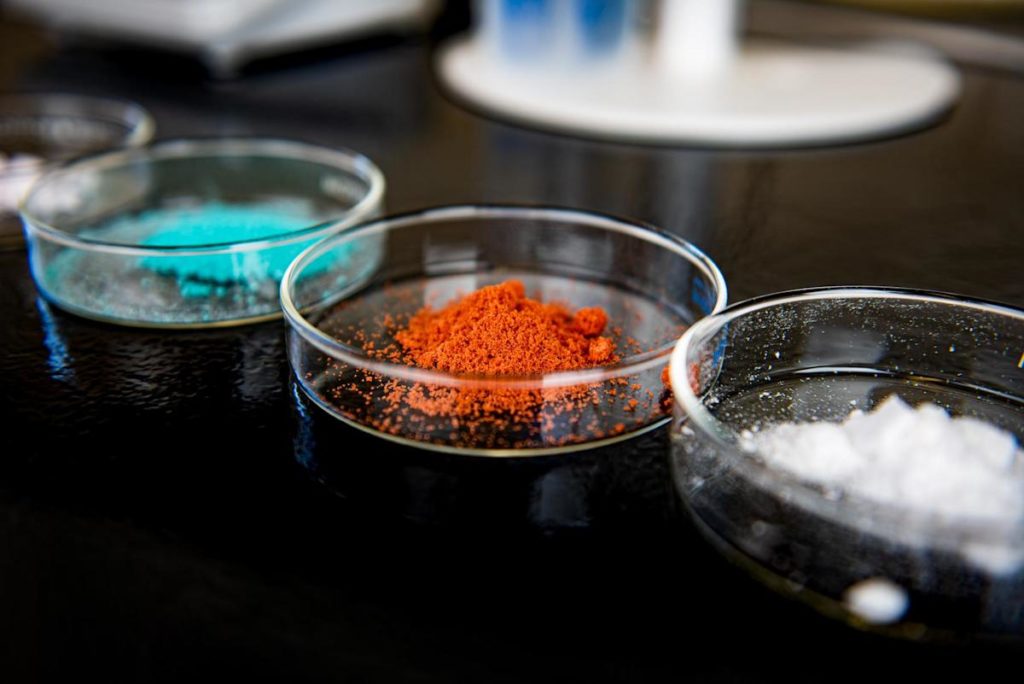
American Battery Technology Company, an American critical minerals and lithium-ion battery recycling company, accepts the challenge presented in President Biden’s Presidential Invocation of Defense Production Act for Battery Materials to secure a domestic supply chain for critical and strategic battery metals through environmentally and socially responsible means, as has been deemed essential to the national security of the United States.
“Remember, we’re the only nation that has turned every crisis we ever faced into an opportunity.”
-President Joseph R. Biden, Jr.
Remarks on Securing Domestic US Battery Supply Chain, 03/31/22
“ABTC is uniquely positioned to support this Presidential initiative to accelerate the ramp up of domestic environmentally and socially responsible manufacturing and refining capacity of battery metals,” stated ABTC CEO Ryan Melsert. “We have the opportunity, the imperative, and the responsibility to work collectively to support this transition to a lower-carbon infrastructure. While there are large amounts of battery cell and electric vehicle manufacturing capacity already under construction in the US, the President accurately identified that there is a large void in the upstream portion of this domestic supply chain and a significant shortage in the amount of domestic and environmentally responsible battery materials manufacturing and refining capacity required to feed these facilities.”
The ABTC team has developed and is currently commercializing a first-of-kind processing train for the manufacturing of battery grade lithium hydroxide from Nevada-based sedimentary claystone resources as part of the company’s Tonopah Flats Lithium Exploration Project, which is supported by its recently awarded grant from the US Department of Energy, Advanced Manufacturing Office, in partnership with DuPont. The technologies for this processing train were developed through rigorous first principles physics-based design, and have been demonstrated at bench scale to be able to produce these battery metal lithium products with a disruptive step change improvement in environmental footprint.
Additionally, the ABTC team has also developed and is commercializing an in-house designed set of technologies for the integrated recycling of lithium-ion batteries and the recovery and manufacturing of key battery metals including lithium, nickel, cobalt, manganese, and copper. The company currently has under construction its pre-commercial lithium-ion battery recycling plant in northern Nevada, and is undergoing a commercial scale development and demonstration project in collaboration with BASF and C4V through a grant awarded by the US Department of Energy in collaboration with the US Advanced Battery Consortium (USABC), a subsidiary of the United States Council for Automotive Research (USCAR), which is a collaborative technology company comprised of General Motors, Ford, and Stellantis. The scope and definition of this project sponsored by the US government and automakers is specifically to demonstrate that these battery metal products can be manufactured from domestic US resources, at lower cost than, and at significantly improved social and environmental impact than conventionally mined products.
See related article: Canada Issues Inaugural $5 Billion Green Bond
“We are in an industry where too often it is assumed that all recycling processes are inherently net positive social and environmental impact and that all mining processes are inherently net negative social and environmental impact,” stated ABTC CEO Ryan Melsert. “Critical thought and first principles physics-based design are needed to be applied from the very early stages in the development of these types of battery metals manufacturing systems to ensure that they have a net positive social and environmental impact on the local and global communities, whether from primary or recycled resources. There are unfortunately many lithium-ion battery recycling operations in place today that rely on polluting processing techniques, while at the same time there are many primary mining technologies that can enable the manufacturing of these battery metals with positive impacts on the local and global communities. It is through the establishment of industry benchmarks and reporting standards for both primary resources and recycled metals resources that customers and OEMs will be able to identify and prioritize the purchasing of these domestically manufactured and responsibly sourced minerals.”
The company is proud that in January 2022 it was accepted into the Initiative for Responsible Mining Assurance (IRMA), an organization that specifically works to set the standards to achieve more socially and environmentally responsible mining. ABTC is excited to support environmentally and socially responsible standards for battery metals, and is looking forward to working with fellow members Ford Motor Company, General Motors, BMW Group, Daimler AG, Volkswagen AG, Microsoft Corporation, and many other industry leaders.
Source: American Battery Technology Company

